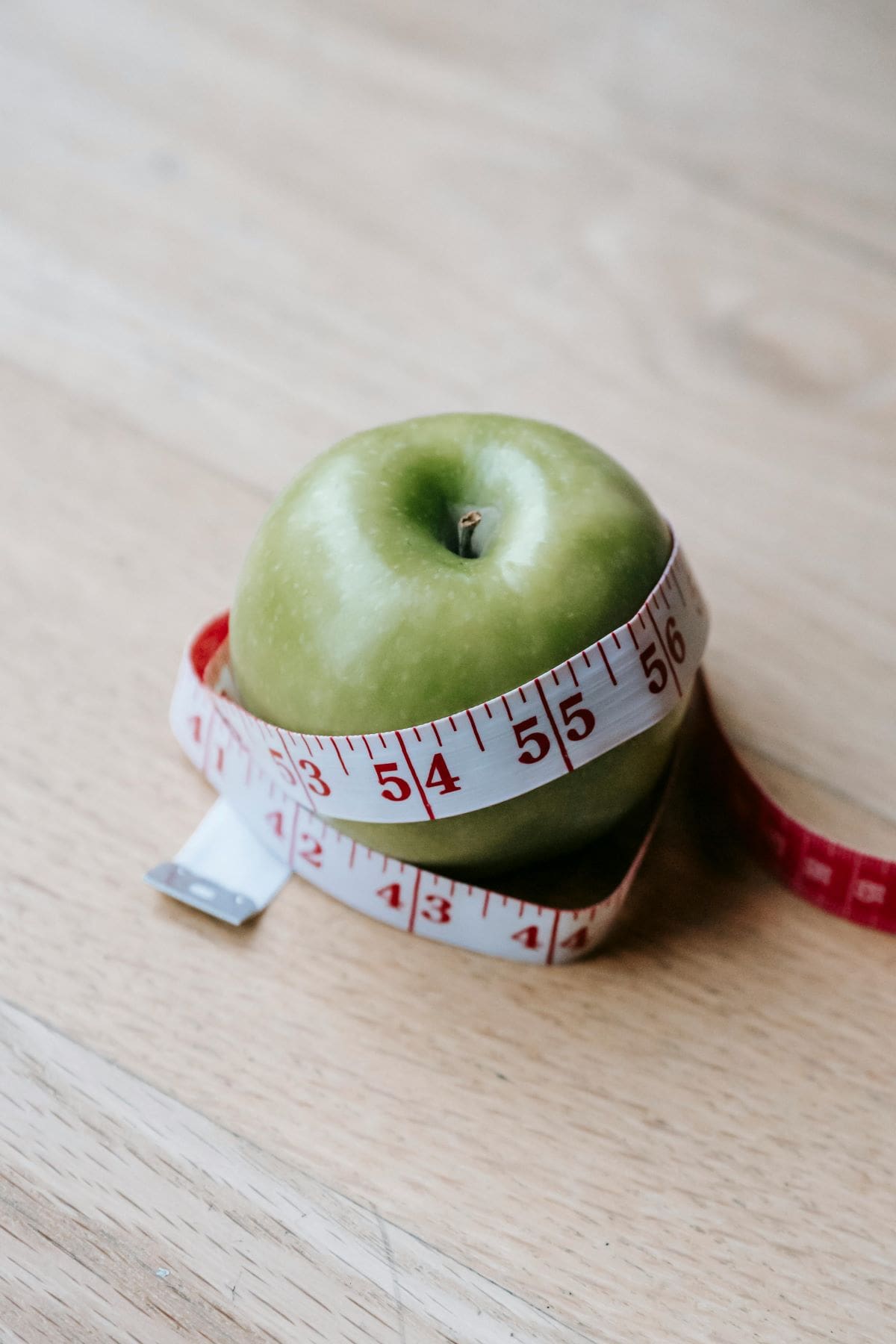Fasting is a dietary behavior that involves avoiding food or beverages at specific times in different cultures and religions. There are several reasons why individuals fast—for spiritual growth and well-being, as an approach to training one's willpower, or for social and political support.
It is essential to understand that there is only one proven approach to fasting, which is the right one depending on the person's purpose, religion, and health state. Below is how to go about fasting to achieve the best results in the shortest time possible without affecting your health.

Understanding Fasting and Its Purpose
First, it is crucial to identify the purpose of the fast before starting one. Fasting is not just about avoiding food in one's diet; it is also an ordained means to an end.
For many, this is a way to purify their body and soul, to get closer to their faith or some divine power. To others, fasting might be a daily health routine that helps the body eliminate toxins, lose weight, or improve metabolism. Understanding why fasting is necessary fosters a spirit of single-mindedness and commitment.
Types of Fasting
There are several types of fasting, each with different rules and durations. The most common types are highlighted below.
Intermittent fasting
This is one of the most practiced methods involving a cycle of eating and fasting. Some examples are the 16/8 method, where one only eats within the 8 hours of the day and fasts the remaining 16 hours, or the 5/2 method, where one eats normally for 5 days and fasts for 2 days. The question "how much weight can you lose intermittent fasting 16 8 in a week?" often arises. You can lose more than 7 pounds within these period with intermittent fasting. People often employ intermittent fasting in their lifestyle routines when it comes to regulating weight and metabolic rates.

Water fasting
This type entails taking only water for several hours, typically between one and three days. While water fasting may be recommended for detoxification purposes or religious fasting, it should be done under close supervision since it is rigorous and may cause the human body to lose water and essential minerals.
Partial fasting
This is not about refraining from all foods or drinks but rather avoiding specific types. For instance, the Daniel Fast may not include meat, dairy products, and processed foods but contains fruits, vegetables, and whole grains. Thus, partial fasting can be a less drastic solution that still has its merits, both in the religious and physical aspects.
Juice fasting
This fast includes drinking only juice from fruits and vegetables to break the typical pattern of eating meals during the day. Juice fasting is used for detoxification or weight loss, as during this diet, juices supply essential nutrients and fluids and contain few calories.
Religious fasting
Religions have different types of fasting practices to observe their faith. For instance, during the month of Ramadan, Muslims have to deny themselves food and water during the day and only take them at night. Christians may fast during Lent, avoiding certain foods or specific meals. To observe these fasts of a religious nature accurately, it is essential to understand the guidelines and purpose of such fasting.
Preparation for Fasting
Some important steps to consider during fast preparation. Here are some steps to take before starting.
Consult a healthcare professional
It is common knowledge that people should not fast without their doctor's permission if they have a disease, are pregnant or breastfeeding, or take certain medications. They can tell you if it is safe to fast and what changes you should make.

Set clear intentions
It would help if you also considered why you are fasting and what you want to accomplish. Clarity will help you avoid distractions and promote concentration during the fast.
Gradually reduce food intake
Avoid consuming heavily processed and high-sugar foods at least 48 hours before your fast. This gradual reduction helps to reduce the body's withdrawal symptoms, such as headaches and irritability when transitioning from eating to fasting.
Stay hydrated
Ensure you take a lot of water before you embark on the fasting. Another issue that may arise with regular fasting is dehydration, so one should maintain their water intake throughout the day.
During the Fast
While fasting, it is essential to listen to your body and take steps to ensure your safety and wellbeing:
Stay hydrated
It is advisable to continue drinking water during the fasting process. Even during strict fasts, it is important to ensure that the body organs are functioning properly and there is no risk of dehydration.
Be aware of your physical and mental activity
Feel and appreciate every part of the body. Slight hunger, slight tiredness, or light-headedness are usual, but if one is severely weak, confused, or faints, one should break the fast and see a doctor.
Take a break and do not engage in vigorous exercise
Improve your energy levels by taking some time off and not engaging in vigorous exercises. Most light exercise routines, such as walking or stretching, are okay, but always remember your body signals.
Engage in mindful practices
If you are fasting for religious purposes, read or contemplate. These practices assist an individual in staying on track and comprehending the reasoning behind this situation.
Breaking the Fast Safely
As important as it is to fast correctly, knowing how to break the fast is crucial. Here's how to do it properly:
Begin with soft foods, or that may be easier to digest
Start with small servings of fruits and veggies or even broth. These foods are usually comparatively easy on the digestive system and help the body handle food.
Chew your food thoroughly
Make sure you spend adequate time chewing each mouthful. This aids digestion and enhances the part where one cannot take a lot of food after a fasting period since the stomach might discomfort the person.
Gradually reintroduce regular foods
For the next several days, you should gradually ease back into eating a normal diet, starting only with clear fluids for the first one or two days and then moving to soft and bland foods for the next few days. This will help you avoid stomach upsets and enable a gradual return to normal dieting practices.
Conclusion
Fasting is not arbitrary but requires you to determine why you are fasting, what type of fasting to do, how to prepare, how to stick to the fasting regimen, and how to come off the fast.
When employed properly, fasting offers numerous benefits ranging from spiritual to health. However, it is important not to harm your body and to consult with a doctor to estimate the proper way of fasting.





Leave a Reply